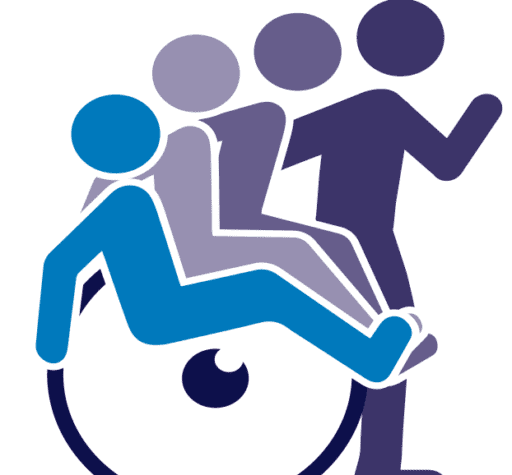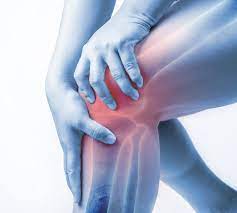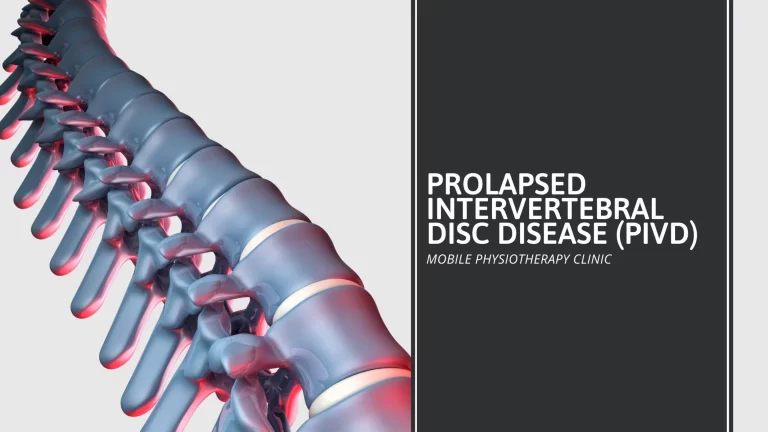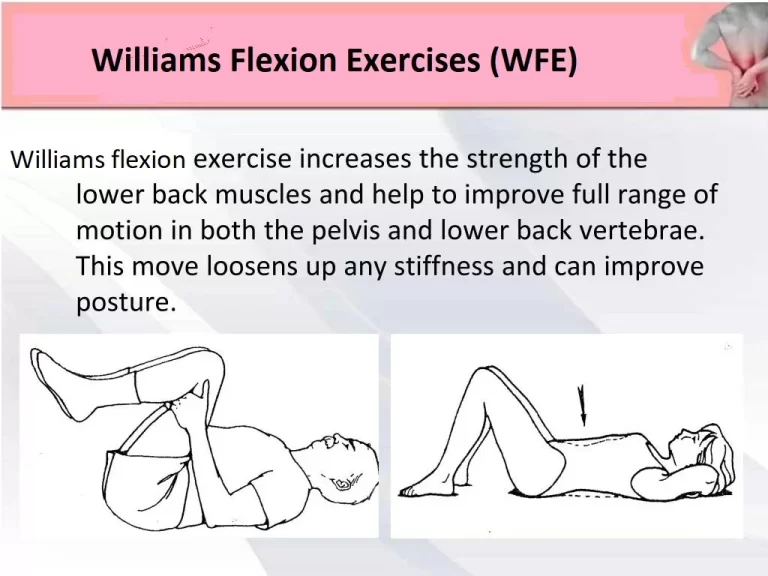Shoulder Pain During Pregnancy
Table of Contents
Introduction
At least 40% of pregnant women experience shoulder pain during pregnancy. This is one of the most common discomforts experienced during this time due to massive changes in the entire body.
This discomfort may include a pulling sensation that wakes you up at night, pain radiating to the neck, or pain accompanied by symptoms such as nausea and vomiting, particularly in early pregnancy.
All of our body parts are interconnected in fascinating ways; in some cases, the pain is caused by a shoulder disorder, while in others, it may be caused by another portion of the body, such as the abdominal area.
If a pregnant woman experiences such pain, she should see a doctor right away to determine the exact cause, which may also indicate more serious conditions.
Causes of Shoulder Pain During Pregnancy
Common causes of Shoulder Pain During Pregnancy
Shoulder pain during pregnancy may be caused by:
- Poor sitting and standing posture
- Unusual sleeping posture
- Back and neck pain radiating to the shoulders
- Relaxin, a hormone released, loosens connective tissue and ligaments, causing symptoms such as aches and pains throughout the body.
- Muscle and joint changes, including muscle stiffness
- Changes in the curvature of the lumbar, thoracic, and cervical spines as the body adapts to carrying a baby
- Shoulder pain during pregnancy that feels achy or stiff is probably nothing to be concerned about. However, if you experience sudden severe or stabbing pain, you should seek medical attention right away.
More Significant Causes for Shoulder Pain During Pregnancy
Serious causes of shoulder pain can occur at any point during your pregnancy. That is why you should notify your doctor if you experience shoulder pain or any other unusual symptoms.
The first trimester
If you experience shoulder pain very early in your first trimester, the cause could be an ectopic or tubal pregnancy. This is the stage at which the embryo implants outside of the uterus, usually in the Fallopian tube.
Symptoms of an ectopic pregnancy typically appear between weeks 4 and 12 of pregnancy. You may experience symptoms before you even realize you’re pregnant or have seen your doctor.
Shoulder tip pain may be caused by an ectopic pregnancy. This could feel like a sharp, unusual pain between your shoulder and arm.
This serious cause of pregnancy shoulder pain occurs as a result of abdominal bleeding. This bleeding is not visible, but it can irritate the nerve that controls the diaphragm’s involuntary muscles.
The nerve then delivers sensory information in the abdomen to the shoulder region, causing the sensation of pain in the shoulder (referred pain).
Along with the shoulder pain, you will most likely experience the following symptoms:
- stomach ache faintness
- nauseousness or vomiting
- stomach bloating or fullness vaginal bleeding
- bowel movement discomfort
- tightness or ache on one side of your body.
- An ectopic pregnancy necessitates prompt medical attention.
Trimesters two and three
Gallstones
Hormones that help you get and stay pregnant can have side effects, including gallstones in rare cases. You may be unaware that you have gallstones, but if a gallstone becomes lodged in a duct or tube, it can cause serious symptoms.
Gallstones can cause pain in your right shoulder during pregnancy. Other signs and symptoms include:
- vomiting and nausea
- severe pain in your upper right abdomen that worsens abrupt pain in your middle abdomen that worsens back pain between your shoulder blades
- Gallstone pain can last for minutes or even hours. In severe cases, you may experience a high fever as well as jaundice (yellowing of the skin and eyes).
If you have a serious blockage or other complications, you may need surgery to remove the gallstones. However, gallstones can usually be treated with simple lifestyle changes such as:
- consuming regular meals
incorporating more fiber-rich foods into your diet - staying away from fried foods
sugary foods should be avoided
avoiding simple carbohydrates
taking daily light exercise
Preeclampsia
Shoulder pain may be one of the symptoms of preeclampsia in the second or third trimester. This dangerous condition develops when you have high blood pressure (hypertension) and other complications during or after your pregnancy.
Symptoms usually appear after week 20, but they can appear earlier. Other symptoms of preeclampsia besides shoulder pain include:
- the swelling of the face, oedema of the hands
- headache pain vision changes
- seeing spots or having blurred vision
- sensitivity to light pain when deeply breathing pain in the upper abdomen pain on the upper right side
- difficulty breathing, nausea, and vomiting
Preeclampsia treatment includes checking your blood pressure several times per day and visiting your doctor for regular checkups. To control your blood pressure, you may need medication, a low-sodium diet, and bed rest.
If your preeclampsia symptoms do not improve, your doctor may advise you to have your baby delivered early. You’ll usually recover quickly after giving birth.
Symptoms of Shoulder Pain During Pregnancy
Shoulder pain during pregnancy can be caused by changes in sleeping posture, hormonal changes, or muscle stiffness. Other signs of shoulder pain during pregnancy include:
- Shoulder pain radiates to the cervical area and worsens throughout the day. It is commonly associated with a burning sensation in the eyes and pain at the base of the skull, and it causes tension and fatigue.
- Shoulder pain during the first trimester may be accompanied by nausea, vomiting, migraine, fainting, low blood pressure, and unusual weight gain. These symptoms pose a danger and need to be discussed.
Treatment of Shoulder Pain During Pregnancy
With a few tips and tricks, you should be able to treat common pregnancy aches and pains, including shoulder pain. You should feel better if you do the following:
- stretches
- Massages — just make sure you go to a practitioner who is knowledgeable about pregnancy.
- a warm (rather than hot) bath
- compresses, either warm or cold
- assistance with posture
- Here are some good options for a sleeping support pillow.
If you want to take pain medication, talk to your doctor about which pain relievers are safe to use during pregnancy. It is usually safe to take acetaminophen (Tylenol) on a limited basis.
Inquire with your doctor about which pain relievers are safe during pregnancy and appropriate for you. Acetaminophen (Tylenol) is usually safe to take on occasion.
More severe causes for shoulder pain, such as ectopic pregnancy, gallstones, and preeclampsia, will require additional medical care from your doctor.
Prevention of Shoulder Pain During Pregnancy
Your body is adapting to the miracle of childbirth. This should prompt a pregnant woman to make healthy lifestyle changes. You can avoid the causes of shoulder pain by making healthy choices. Staying healthy is the best way to avoid shoulder pain during pregnancy. Here are some preventative measures for shoulder pain:
- To avoid shoulder tension, get plenty of rest.
- Eat well and avoid stomach problems that can cause shoulder pain.
- Avoid slouching while sleeping, standing, sitting, or walking.
- If you are a smoker, you please might want to consider stopping.
- Reduce your professional and personal responsibilities.
- When possible, seek assistance from a trusted family member or friend.
- Get pillows designed specifically for the cervical spine and legs for better sleep and less shoulder strain.
- Reduce your intake of spicy and oily foods to help with gastric shoulder pain and gallstones.
Summary
Around 40% of pregnant women experience shoulder pain during pregnancy due to massive changes in the entire body. Common causes include poor sitting and standing posture, unusual sleeping posture, back and neck pain, and reluctance to eat or exercise. Serious causes can occur at any point during pregnancy, such as the first trimester, third trimester, gallstones, and preeclampsia.
Ectopic pregnancy, gallstones, and preeclampsia are some common causes of shoulder pain during pregnancy. Ectopic pregnancy happens when the embryo implants outside the uterus, most commonly in the Fallopian tube. Gallstones can cause pain in the right shoulder, vomiting, nausea, severe abdominal pain, and back pain between the shoulder blades. Preeclampsia symptoms may include swelling of the face, oedema of the hands, headache pain, vision changes, seeing spots or having blurred vision, sensitivity to light pain when deeply breathing, difficulty breathing, nausea, and vomiting.
To treat common pregnancy aches and pains, one should do stretches, massages, warm baths, compresses, and assistance with posture. Sleeping support pillows can be helpful, and pain medication should be discussed with a doctor.
To prevent shoulder pain during pregnancy, make healthy lifestyle changes, including getting plenty of rest, eating well, avoiding stomach problems, avoiding slouching while sleeping, standing, sitting, or walking, quitting smoking, reducing professional and personal responsibilities, seeking assistance from trusted family members or friends, and using pillows designed specifically for the cervical spine and legs for better sleep and less shoulder strain.
FAQs
This pain between the shoulder blades can be caused by hormonal and physical changes during pregnancy. This pain is especially severe in women during their third trimester. The uterus shifts your centre of gravity forward as your body changes to prepare for delivery.
Pain and swelling can be reduced by using an ice pack. To help relieve pain and tension in the neck, shoulders, and back, a heating pad, warm bath, or shower can be used. However, to use heating pads safely, it is critical to follow all guidelines.
Because of its low cost and ease of administration, ice and heat therapy has been an effective home remedy for treating mild inflammation for decades. The key to ice and heat therapy is to switch back and forth between the two temperatures.
If you are experiencing shoulder tip pain, seek immediate medical attention. Growing ectopic pregnancy can cause severe symptoms such as abdominal or pelvic pain, shoulder pain, weakness, dizziness, or fainting.
The extra weight of the baby, hormonal changes, and lifestyle changes all contribute to pregnancy neck and shoulder pain. The issue arises when you do not take action to manage and treat the pain when it first appears.
References:
- G. (2023, March 29). <strong>Shoulder Pain During Pregnancy: You’re Complete Guide</strong>. Help to Moms. https://helptomoms.com/your-guide-to-shoulder-pain-during-pregnancy/
- Iftikhar, N. (2020, November 30). What Are the Causes of Shoulder Pain During Pregnancy? Healthline. https://www.healthline.com/health/pregnancy/shoulder-pain-pregnancy#common-causes
- Modi, J. (2022, September 27). Is Shoulder Pain a Sign of Pregnancy? Buzzrx.com. https://www.buzzrx.com/blog/is-shoulder-pain-a-sign-of-pregnancy
- K. (2022, March 3). Shoulder Pain during Pregnancy – Normal or Alarming? Mind&Mom. https://mindandmom.com/shoulder-pain-during-pregnancy-normal-or-alarming/
- P, R. (2023, February 24). Shoulder Pain in Pregnancy – Reasons, Signs & Treatment. FirstCry Parenting. https://parenting.firstcry.com/articles/shoulder-pain-during-pregnancy/







